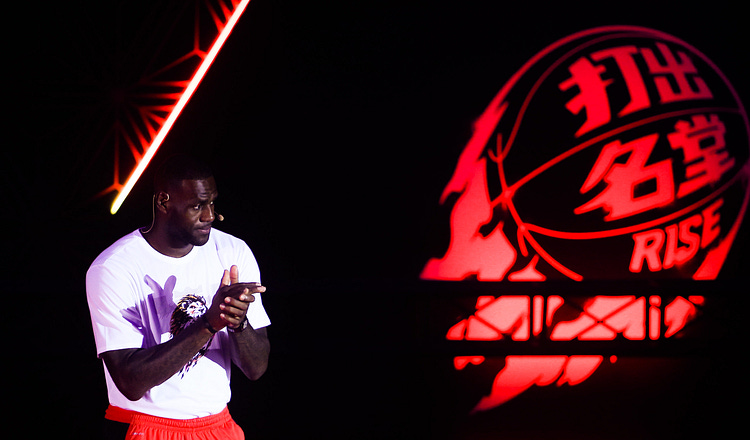Stakeholder Capitalism Is a Trojan Horse for China

LeBron James takes part in the final of NIKE RISE at Jiangwan Stadium on August 18, 2015, in Shanghai, China. (Visual China Group via Getty Images)
It may be good for companies Airbnb, Nike and Disney. But it's terrible for America.
91
“Stakeholder capitalism” may not be a phrase you are intimately familiar with, or it may be a phrase that makes your eyes glaze over. But it’s definitely something you’ve witnessed.
Let me give you an example:
This May, when the actor John Cena was promoting the latest movie in the “Fast and Furious” franchise, he called Taiwan a country. This, needless t…
Continue Reading The Free Press
To support our journalism, and unlock all of our investigative stories and provocative commentary about the world as it actually is, subscribe below.
$8.33/month
Billed as $100 yearly
$10/month
Billed as $10 monthly
Already have an account?
Sign In


